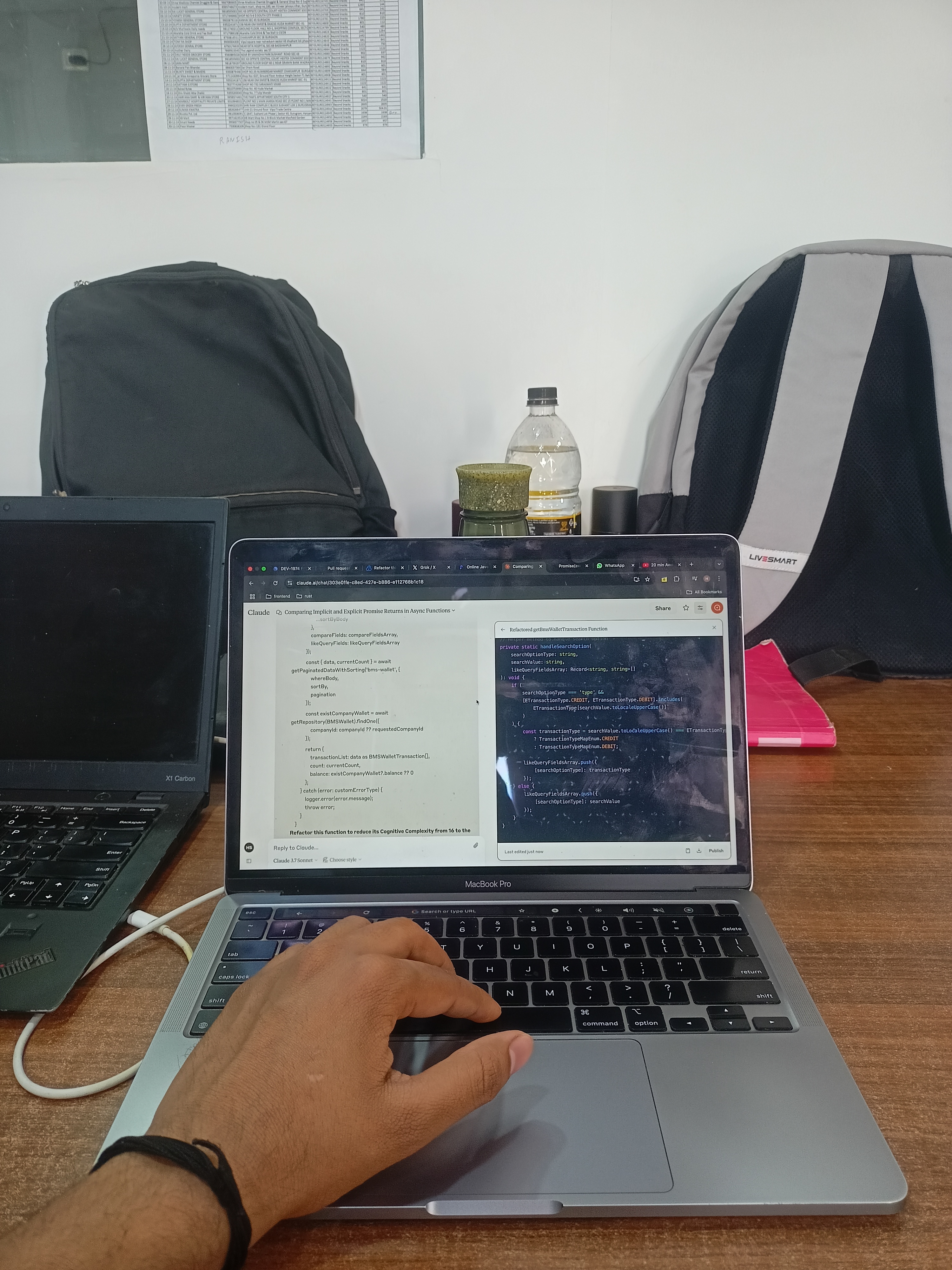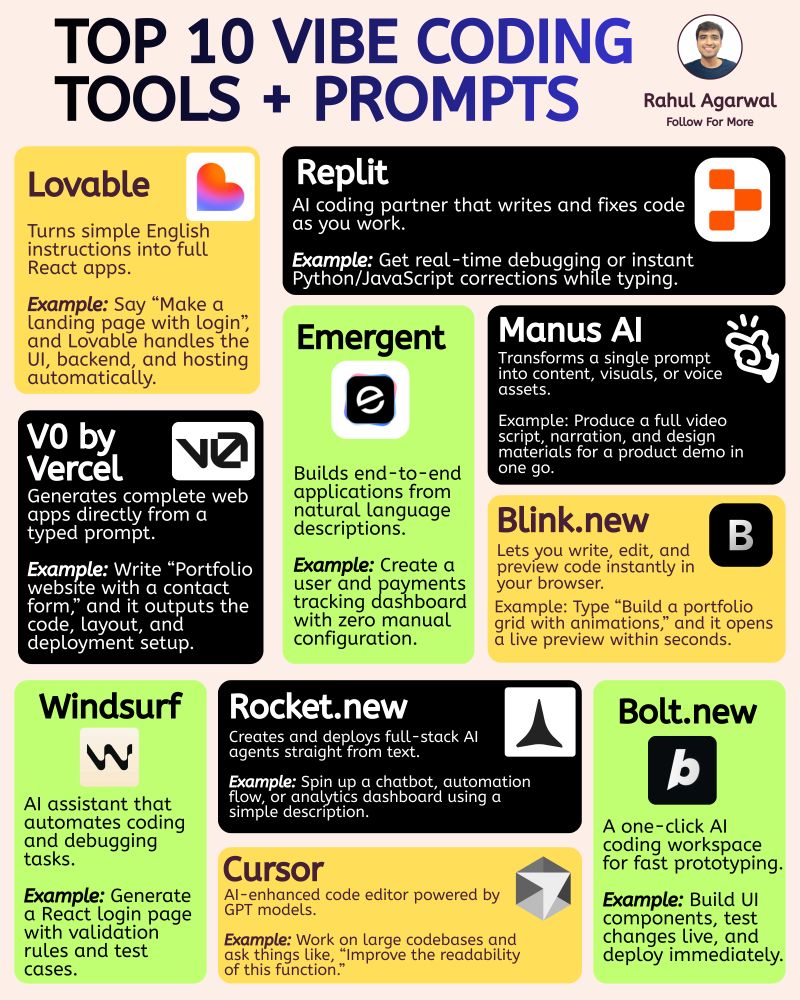Back
Himanshu Singh
•
Wherehouse • 11m
Here are five practical, real-world performance tips for a React.js developer: 1. Minimize Re-Renders with Memoization Use useMemo for expensive computations and useCallback for functions passed as props to prevent unnecessary re-renders. For example, memoize a filtered list that depends on user input to avoid recalculating it on every render. 2. Optimize Component Granularity Break down large components into smaller, focused ones, but avoid over-fragmentation. Pair this with React.memo for pure components that don’t need to update unless their props change—great for static UI elements like headers or footers. 3. Leverage Lazy Loading and Code Splitting Use React.lazy and Suspense to load components only when needed, like modals or secondary pages. Combine this with dynamic imports and Webpack’s code splitting to reduce initial bundle size and speed up page loads. Follow to read more on react .

More like this
Recommendations from Medial
AI Engineer
AI Deep Explorer | f... • 10m
Big news for the research community: arXiv is moving to the cloud! The arXiv Cloud Edition (CE) project is officially underway — transitioning arXiv’s infrastructure from Cornell-hosted VMs to Google Cloud. This move isn’t just a lift-and-shift. We
See More
Download the medial app to read full posts, comements and news.










/entrackr/media/post_attachments/wp-content/uploads/2021/08/Accel-1.jpg)





















